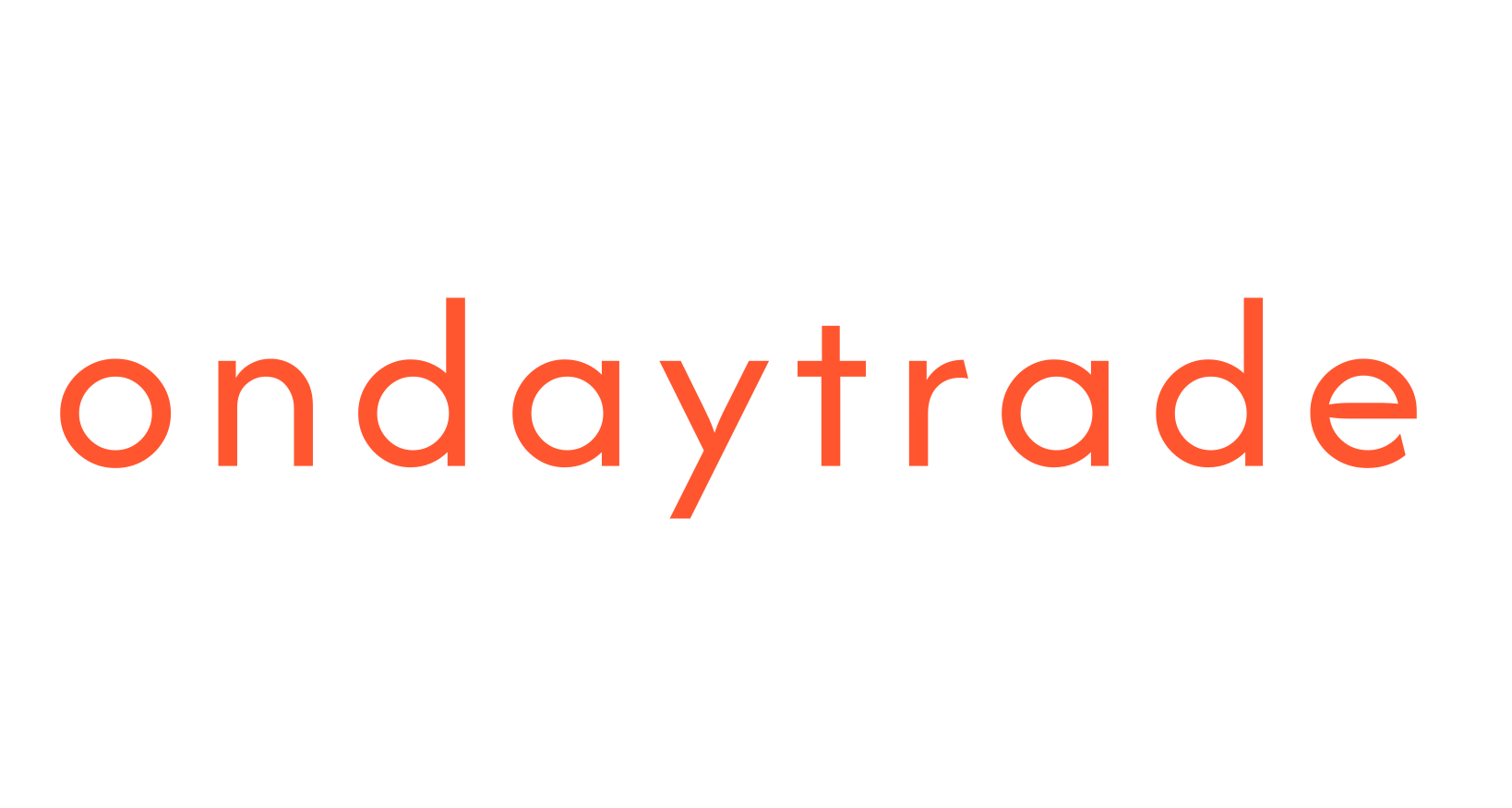
Cartel Legal Framework. The cartel’s rights are created by primary treaty law rules that are:
• Council and Commission Regulation;
• Decisions of the European Court of Justice;
• Commission decisions;
• Other mechanisms, such as Tips and Recommendations published by the Commission.
Article 3 of the EU Treaty stipulates that the European Union aims at “the well-being of its peoples, working for the sustainable development of the European Union.Europe, based on balanced economic growth and price stability, a highly competitive social market economy, aiming at full employment and social progress.” This provision implies the creation of a competitive market economy. Also, the Treaty regulates and stipulates that limiting existing barriers requires mechanisms that are in the role of precautionary measures.
The Treaty guarantees economic expansion, trade turnover, and competitiveness.Article 101 of the Treaty brings to our attention the types of agreements considered to be prohibitions that affect free competition.
This provision, which is also in point 2, points out the transactions or decisions that are forbidden; that is, they do not bring any legal consequences. Whereas Article 102 TL states that any abuse by one or more undertakings of a dominant position within the internal market is prohibited.
These two provisions are directly applicable. Violation of the right to
The cartel is followed by sanctions from the European Commission that impose hefty fines or revocation of licenses for companies that violate the cartel.
For a cartel to be considered a breach, four stages must be fulfilled:
- Presence of the most crucial product suppliers;
- Agreement on how they will organize their movements, e.g., in the case of how they will set prices, etc.;
- Lowering costs below that of the “fraud” cartel;
- High barriers that prevent other competitors from being part of the market by reducing cartel profits.
Ordinance Nr. Council of Europe Regulation (EC) No 139/2004 of 20 January 2014 provides for competition control provisions so that competition is fair. In provision no. 5 of this Directive, it is provided that the Commission has the ability to include regulations, which may impede effective competition in the stock market or a substantial part thereof.
The Commission was initially the main body for the implementation of cartel law. It served as a bridge between commercial enterprises, permitting them to enter into agreements under Article 101/3 of the Lisbon Treaty. Order no. 17/62 stipulated that the Commission had a duty to grant undertakings if the purposes of the agreements were attributable to market improvement. But as the Commission was the only institution to deal with this cause, it led to a great deal of understanding.
The Commission then set up a new system that served to ensure that companies no longer had to notify the Commission in cases where they were incorporated, but they had to carry out such self-control that did not include a breach of competition.
The Directive, No. 1 of 2003, issued by the Commission together with the ECJ and under the support of national competition authorities, provided that Article 101 No.3 of the Treaty of Lisbon has direct application and provides for a legal exception, in which all agreements that meet the conditions of this Article and are without prejudice to Article 101, paragraph 1, shall be excluded.








